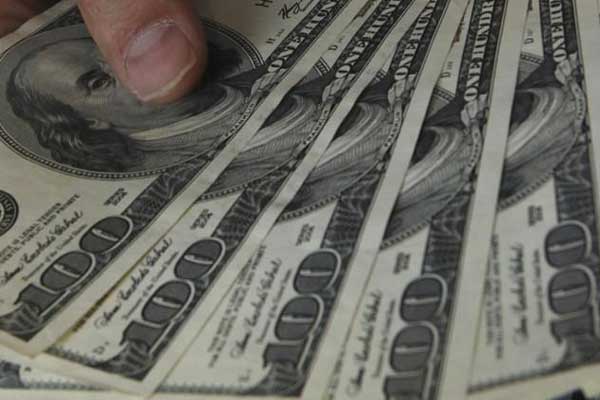
BY MTHANDAZO NYONI
ZIMBABWE has been recording a budget surplus since December 2018, but the economic situation in the country is still dire with the ordinary citizen struggling to afford a decent living.
Finance and Economic Development minister Mthuli Ncube revealed that the monthly budget deficit declined from $242 million in November 2018 to a surplus of $733 million in December 2018.
A similar trend continued in January 2019 with the government having indicated a provisional surplus of $113 million.
In fact, the country has been running a surplus of $100 million in the last four months, according to Ncube.
The surplus is being attributed to Ncube’s emphasis on cutting spending and an increase in taxes.
In its latest report, the Zimbabwe Coalition on Debt and Development (Zimcodd) indicated that the budget surplus was not congruent to the socioeconomic situation in the country where an ordinary citizen’s life has not improved.
“It is, however, ironic that surplus announcement comes at a time when the country is grappling with socio-economic woes characterised by deplorable public social service delivery and where 70% of the country’s population is languishing in poverty,” the report reads.
- Chamisa under fire over US$120K donation
- Mavhunga puts DeMbare into Chibuku quarterfinals
- Pension funds bet on Cabora Bassa oilfields
- Councils defy govt fire tender directive
Keep Reading
“Surplus should be a reflection of the general population’s decent social and economic being.
“Nevertheless, this is a different case in Zimbabwe given that the November 2018 to January 2019 period was marred with socioeconomic instability characterised by public hospitals doctors’ strike and social unrests that loomed in January 2019 following fuel price hikes.
“The surplus speaks more to the increased tax base rather than fiscal discipline as may be purported by the tax authorities.” Zimcodd said Ncube’s re-basing of the economy from $18 billion to $24.8 billion provides the government more room to borrow and increase the tax base.
Meanwhile, Zimcodd said considering that tobacco was the second largest foreign currency earner after gold, the golden leaf producers were entitled to foreign currency.
Zimbabwe’s tobacco export earning closed 2018 at US$892 million from 184,1 million kilogrammes exported. “Farmers should be paid their hard-earned currency and allowed to voluntarily participate in the foreign exchange market,” Zimcodd said.
The organisation said farmers always struggle to access inputs, which are sold in foreign currency, hence their demand to be paid in United States dollars was justified.
“This will cushion them against market distortions characterised by high inflation and fluctuating exchange rate,” Zimcodd added.
“Despite this, farmers’ retention of foreign currency for their sales will help them prepare for the upcoming 2019-2020 farming season as they will be in a position to purchase inputs such as tractors, and other implements.
“Ignoring the demands by tobacco farmers will not only undermine the capacity of tobacco farmers, but further widen the trust deficit between government and citizens.”
Zimcodd said government should consistently implement policies that safeguard people’s livelihoods.
“The obtaining situation in the 2019 tobacco marketing season is undermining the agricultural sector, which is the backbone of the economy,” the report said.
“Policy consistency and clarity is key if Zimbabwe’s economy is to be resuscitated.”











